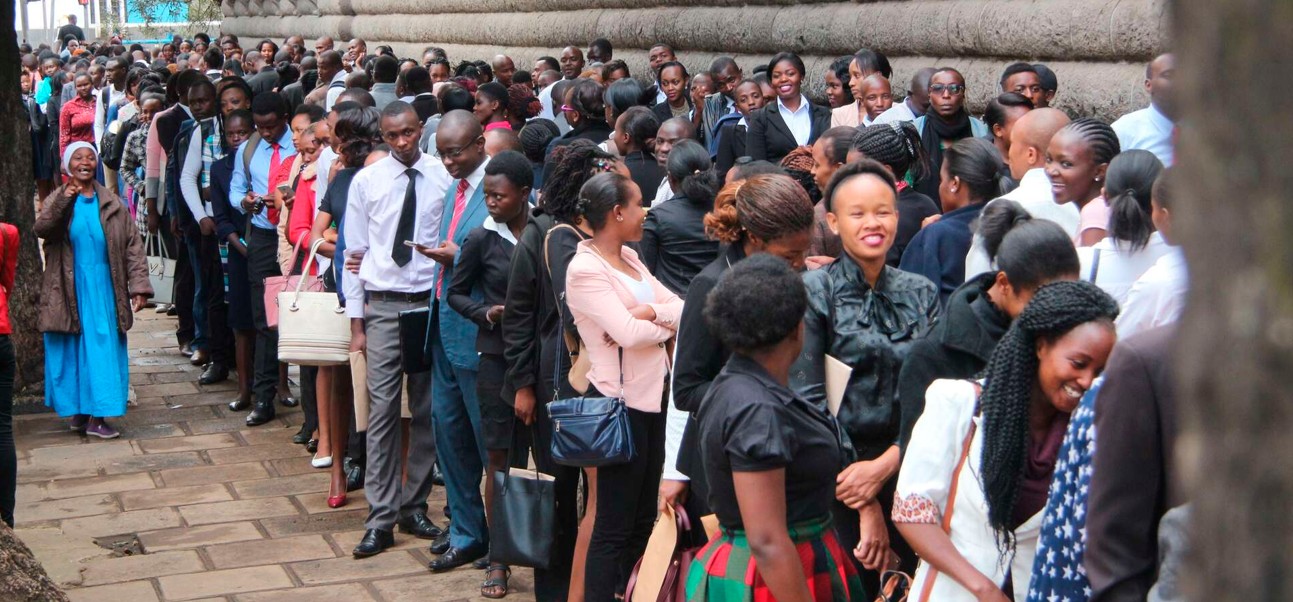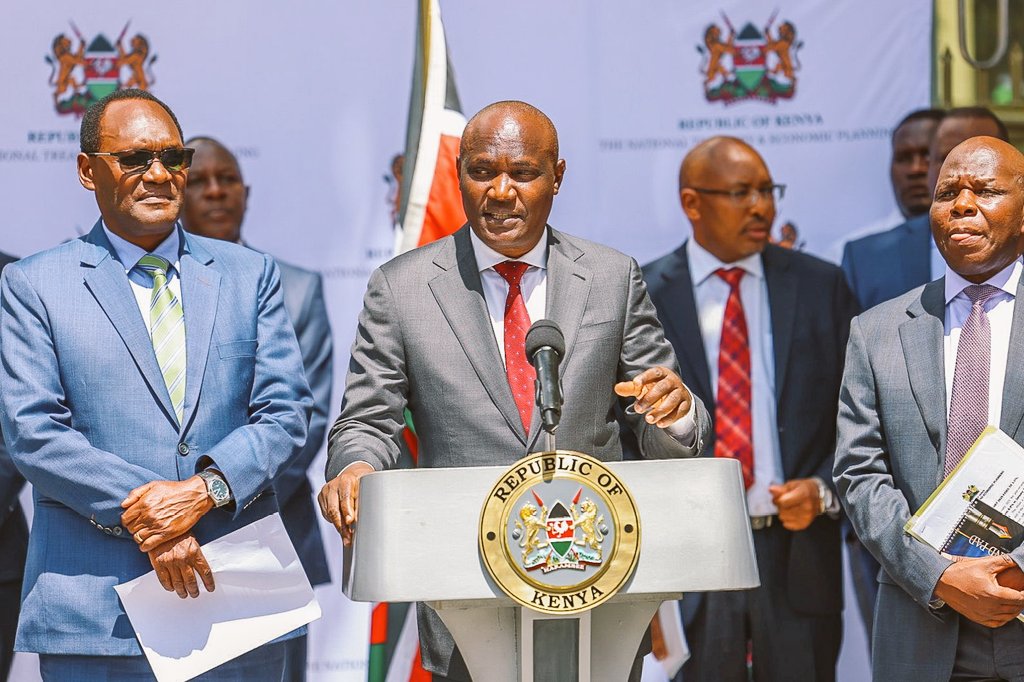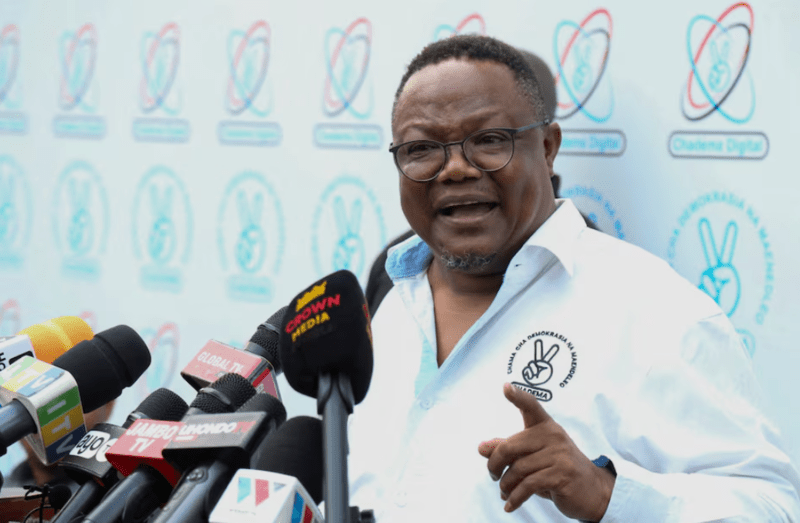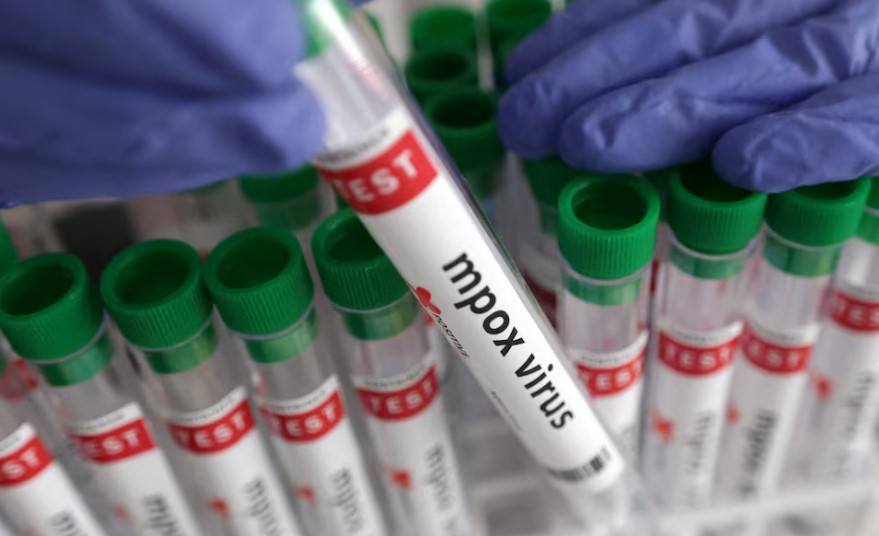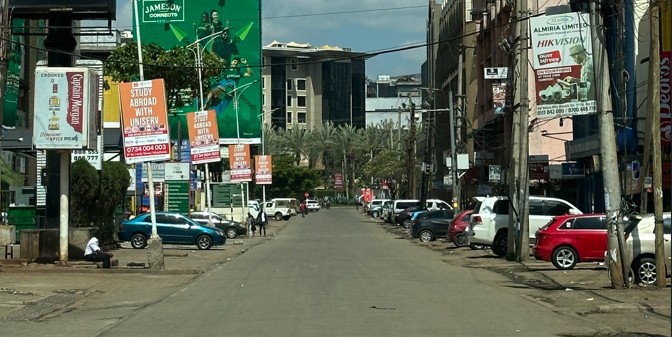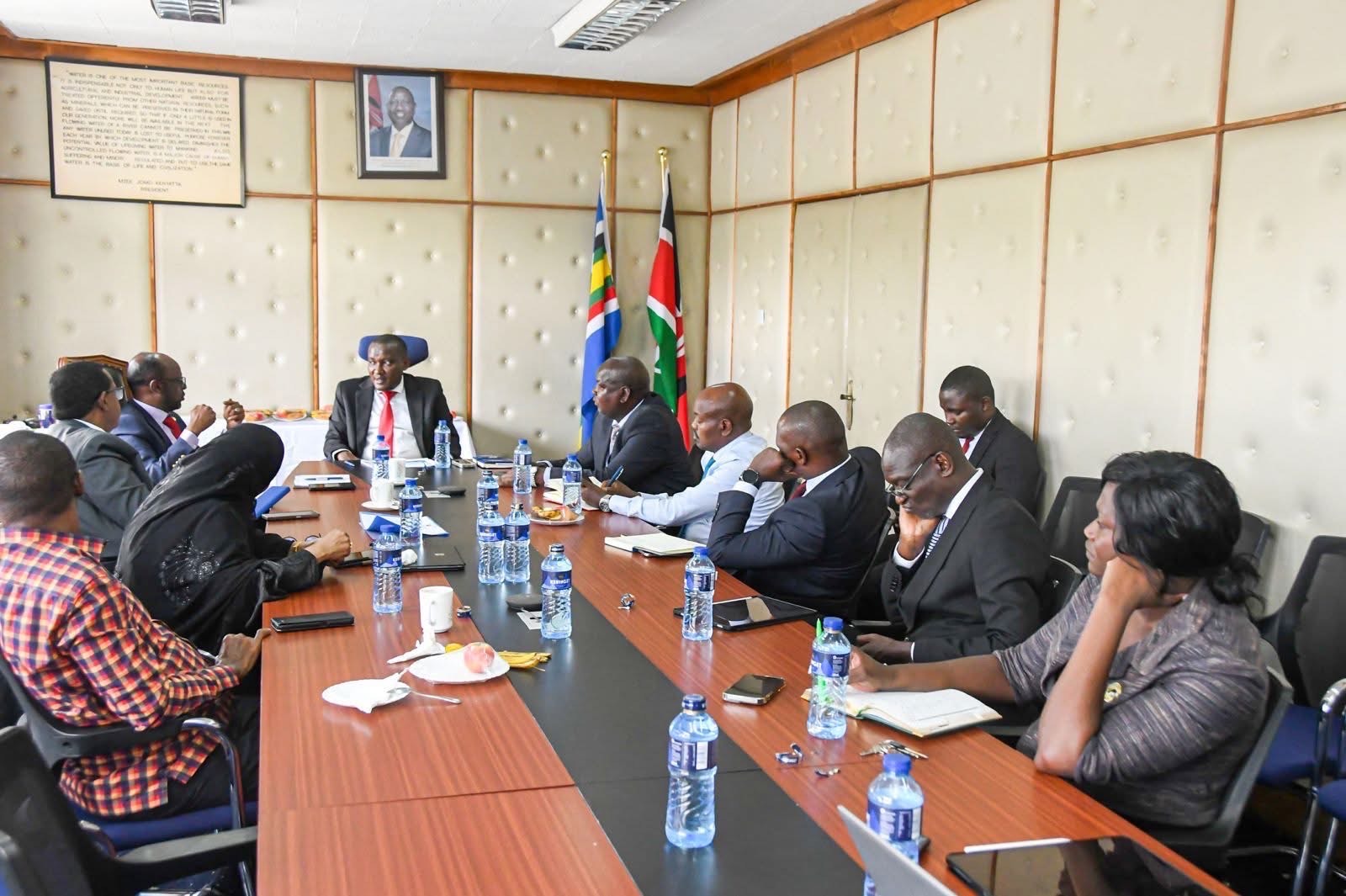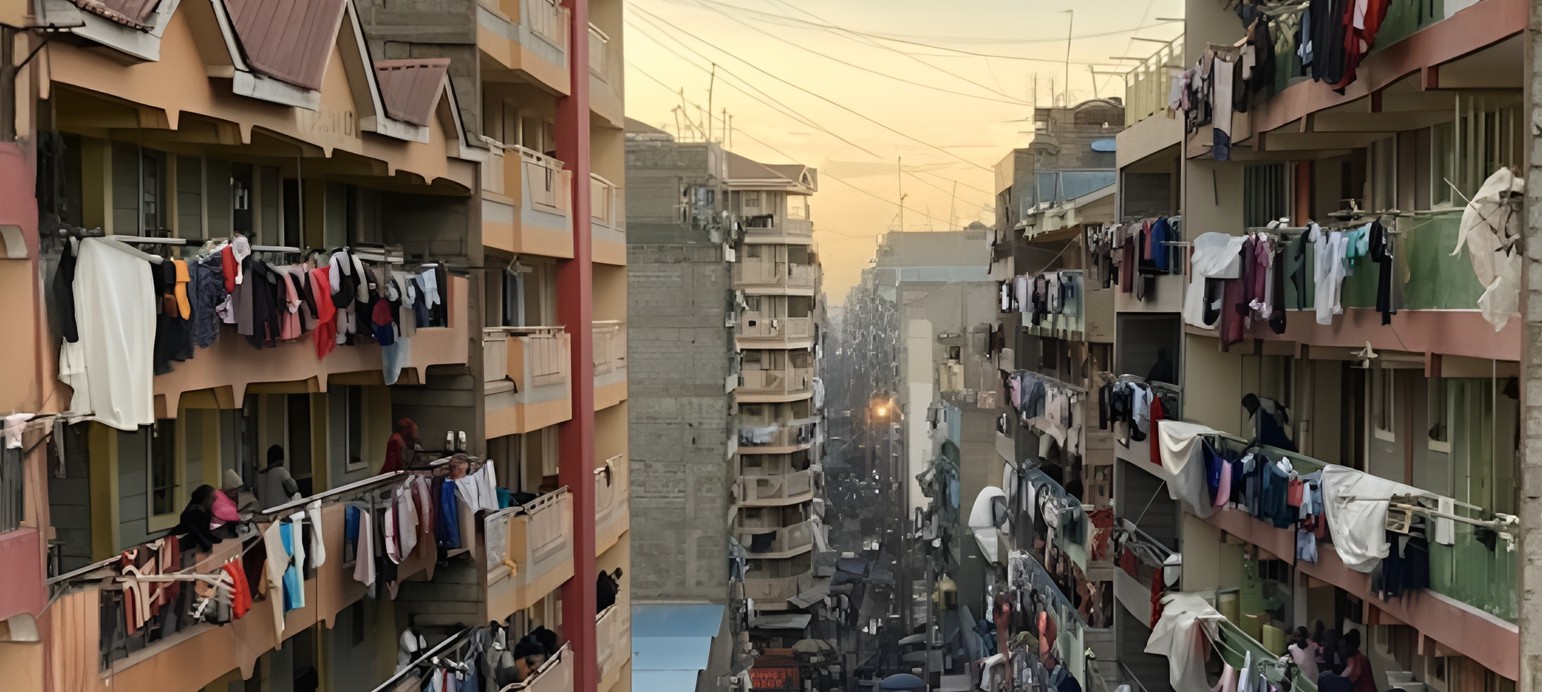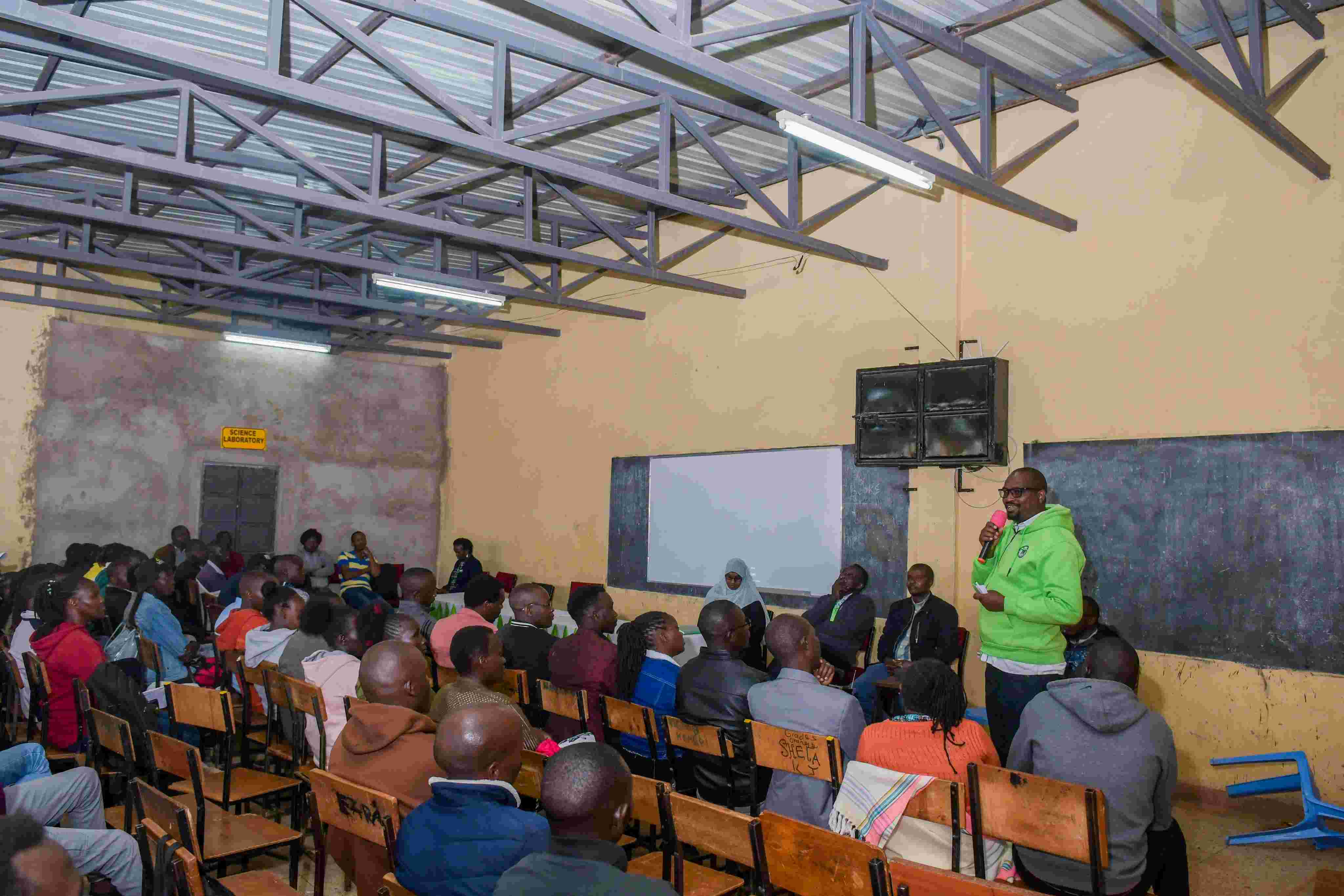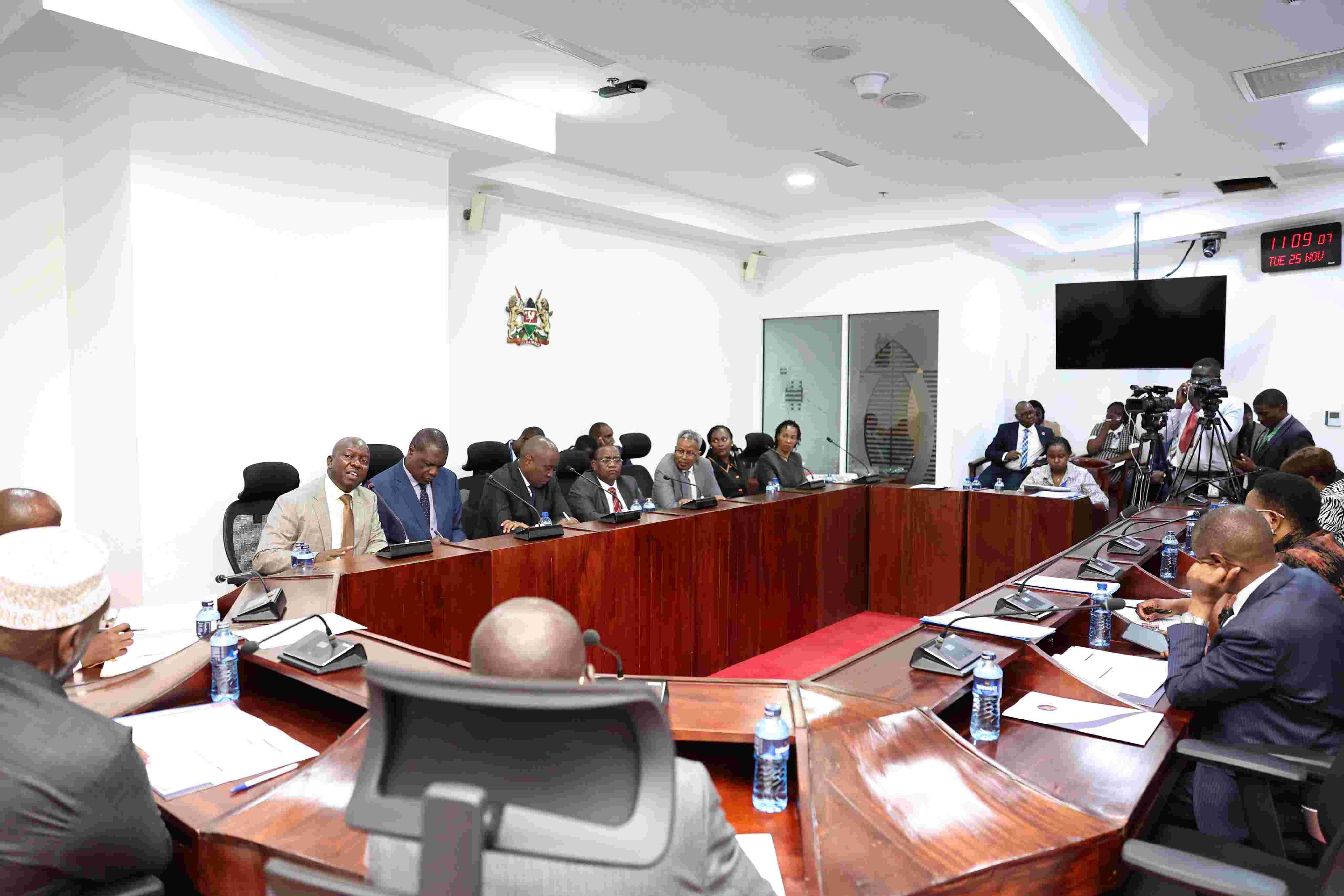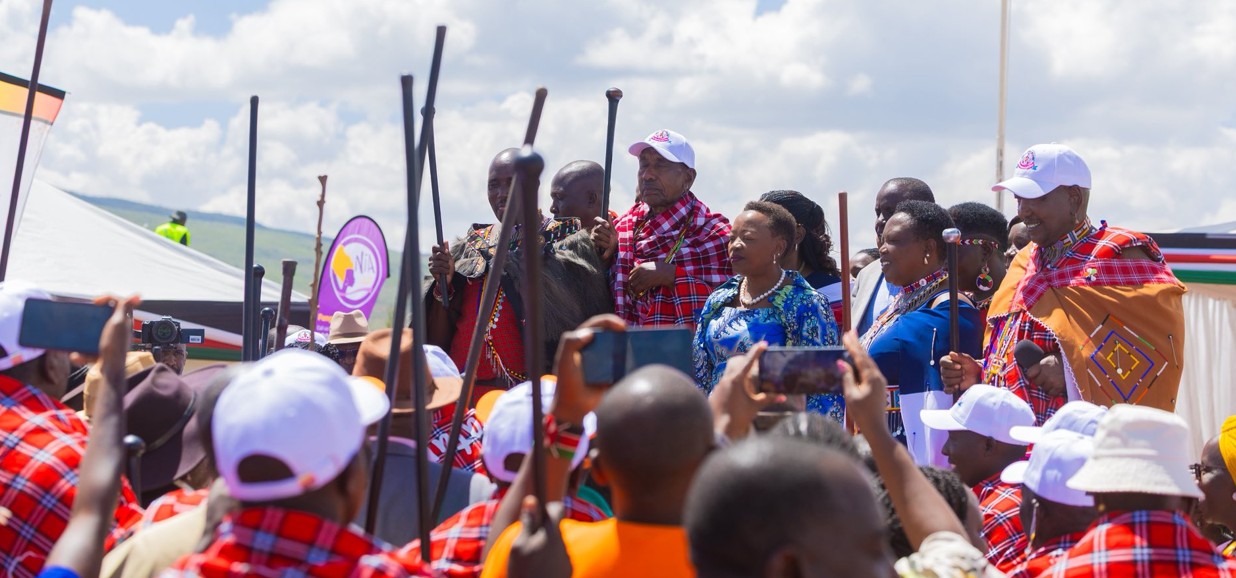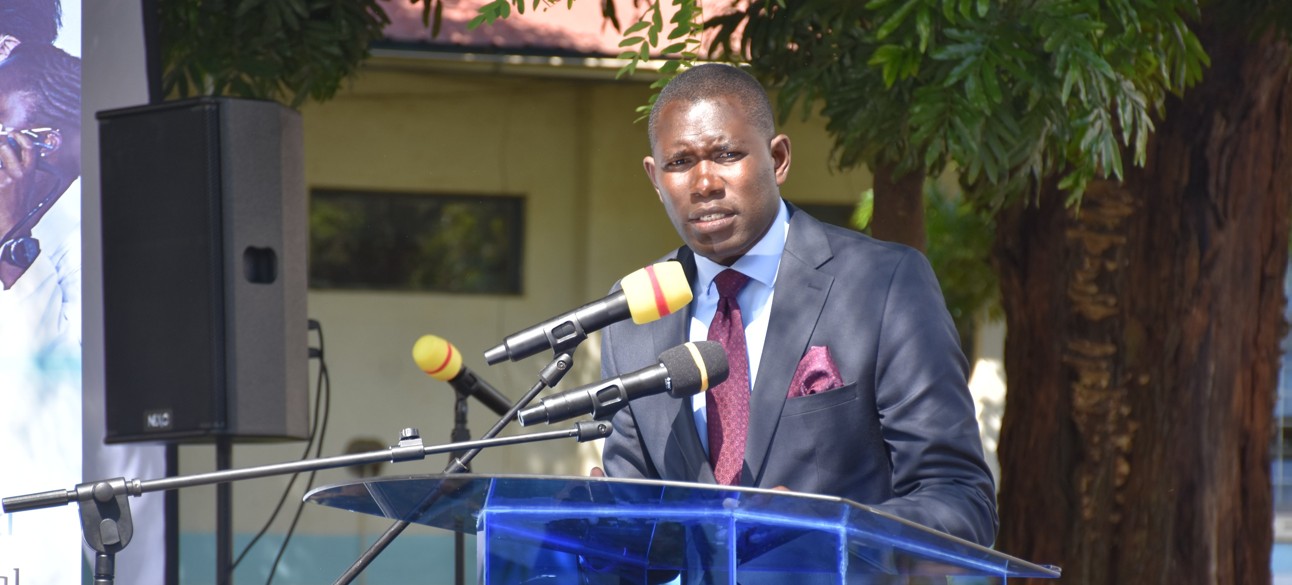Trump administration's funding cuts disrupt key malaria vaccine research

Two malaria vaccines were introduced in 2024, but MVDP research was working on making them more effective and long-lasting.
A major initiative to develop improved malaria vaccines has been abruptly suspended due to a funding freeze imposed by President Donald Trump's administration, marking a significant disruption to global health research efforts.
The USAID Malaria Vaccine Development Programme (MVDP), which funds research to reduce child deaths through enhanced malaria vaccines, has instructed collaborating institutions, including Johns Hopkins University in the US and the University of Oxford in the UK, to halt their work.
More To Read
- KEMRI, Health Ministry warn of potential malaria outbreak in Kakamega
- Taking down malaria’s bodyguards: Scientists target parasite’s secret defence system
- US Embassy in Nairobi scales back operations following government shutdown
- Khartoum Bahri battles surge in malaria, dengue and typhoid as cholera death toll rises
- Burkina Faso shuts down Bill Gates-backed mosquito project over safety, ethical concerns
- What should Trump’s policy towards Somalia be?
Researchers are concerned about stalled medical progress and the potential spread of drug-resistant HIV due to the administration's funding freeze.
The goal of MVDP is to reduce malaria deaths among children in areas where the disease is common. Malaria kills about 450,000 children under five every year in sub-Saharan Africa.
Two malaria vaccines were introduced in 2024, but MVDP research was working on making them more effective and long-lasting.
According to the Guardian, a scientist involved in the project said stopping the research suddenly would have a big impact.
"MVDP-funded projects frequently involve testing vaccines in humans for the first time, making it crucial to follow up on participants for safety reasons. Suddenly stopping these trials poses serious risks."
While a review is underway, the USAID funding freeze will continue for 90 days. However, the removal of many senior officials from US health agencies has left experts in the health sector uncertain about who will conduct the review.
Tom Drake, a senior policy expert at the Centre for Global Development, warned that the cuts could have long-term effects.
"The development of malaria vaccines is one of the greatest global health achievements, largely due to MVDP funding. Even if alternative funders step in, resources will be diverted from other critical research areas," he said.
Prof. Kelly Chibale, from the H3D research centre at the University of Cape Town, said a project in South Africa that was working on making key ingredients for antiretroviral drugs was now at risk.
"We are urgently seeking alternative funding to sustain this crucial initiative, retain personnel, and secure the platform’s future. If our US-based collaborators lose staff, the impact will be significant," he said.
Prof. Kenneth Ngure of Jomo Kenyatta University of Agriculture and Technology and president-elect of the International AIDS Society noted that research into HIV prevention options, including injectable drugs and vaginal rings, had also been halted.
"Even if these projects resume after 90 days, the damage will already be extensive. It’s like slamming the brakes on a speeding car—many things can go wrong. I’ve been involved in HIV prevention research for two decades, and nothing like this has ever happened. Even during Covid, we found ways to continue," Ngure said.
Ngure also emphasised the risk that study participants who rely on HIV prevention drugs exclusive to research face.
"If drug levels in a participant’s body drop below protective thresholds, they become vulnerable to infection. Worse still, drug-resistant strains can develop and spread, complicating treatment,” Ngure added.
The impact also extends to some recently completed studies awaiting data analysis.
"Participants committed their time, and researchers have an ethical duty to complete studies and disseminate findings," Ngure said.
He urged the US administration to reconsider its decision. "The US government has played a crucial role in preventing infections, and we were making significant strides towards controlling the HIV pandemic. A sudden halt risks undoing decades of progress, setting us back by many years if not decades,” he said.
Meanwhile, a US State Department spokesperson announced the issuance of a waiver to permit life-saving humanitarian aid.
Top Stories Today
